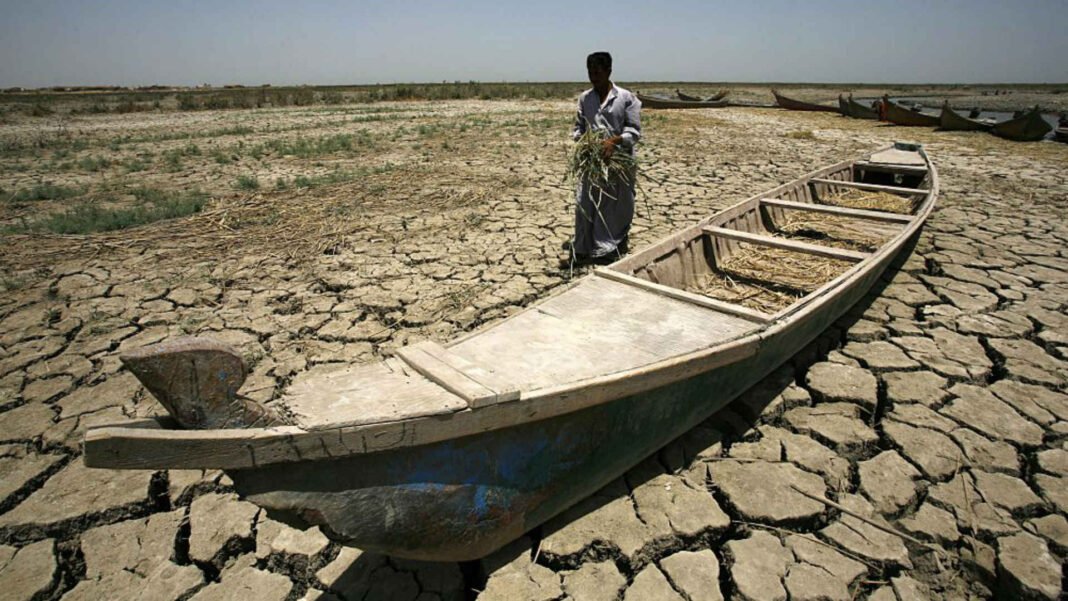Iraq prepares to sign a new agreement with Türkiye. Iraqi Foreign Minister Fuad Hussein confirmed plans to finalize the deal. The agreement aims to increase water supply from Türkiye, particularly to the Euphrates and Tigris rivers, over the next 50 days and establish long-term water management measures.
Iraq expects to receive more water from Türkiye under the agreement. The plan includes increased releases from both the Tigris and Euphrates rivers. Additionally, winter rainfall should improve supply conditions. Consequently, Iraqi officials consider this cooperation timely and beneficial.
Earlier this month, Hussein led a delegation to Ankara. They met with Turkish government officials to discuss water issues. Both sides agreed on short-term and long-term measures. As a result, Iraq hopes to reduce drought pressure across several provinces.
Türkiye committed to releasing additional water for 50 days. This temporary measure will stabilize supply until rainfall improves. Iraqi communities that rely heavily on agriculture will benefit. Furthermore, improved river flows will support nationwide food production.
Iraq and Türkiye also reached a long-term water management agreement. This plan outlines shared responsibilities and coordinated resource use. It aims to enhance sustainability. Additionally, both sides plan further negotiations in the future.
The upcoming agreement includes several development projects, including dam construction inside Iraq. Turkish companies will provide engineering support. Therefore, Iraq will gain access to advanced technical expertise.
The deal also emphasizes wastewater recycling. Iraq aims to reduce waste and increase water reuse. Officials hope these measures will improve environmental conditions. Cleaner water systems will also support public health.
Rainwater harvesting forms another key part of the agreement. This method stores water during heavy rains. Iraq faces changing weather patterns. Consequently, new systems provide safety buffers during dry periods.
Groundwater management will improve domestic access. Iraq seeks to protect underground reserves. Years of over-pumping have caused damage. Therefore, stronger regulations will prevent further harm.
Seawater desalination will expand supply options. Iraq imports desalination technologies, and coastal access enables new facilities. Officials believe these systems will meet long-term demand growth.
Iraq relies heavily on the Tigris and Euphrates rivers, both originating in Türkiye. Upstream development reduced flows for many years. Additionally, dams have worsened drought risks.
Iraq currently receives less than 40% of its water needs. Climate change has intensified the problem. Meanwhile, unstable rainfall patterns cause unpredictable shortages. The government seeks urgent solutions.
Desertification threatens farmland in southern Iraq. Cities face shrinking access to clean water. Moreover, migration from dry villages has increased significantly. The agreement aims to slow this trend.
Officials stress that coordination remains essential. Disputes with neighboring countries created risks. Therefore, Iraq requires comprehensive policies. Improved diplomatic agreements enhance national water security.
Investment in technology remains critical. Iraq plans to implement smart systems to monitor water usage. Furthermore, digital maps will guide distribution. This modernization supports long-term planning.
Local experts welcome the agreement. They believe cooperation offers real opportunities but stress careful implementation. Strong oversight is necessary to prevent misuse and delays.





